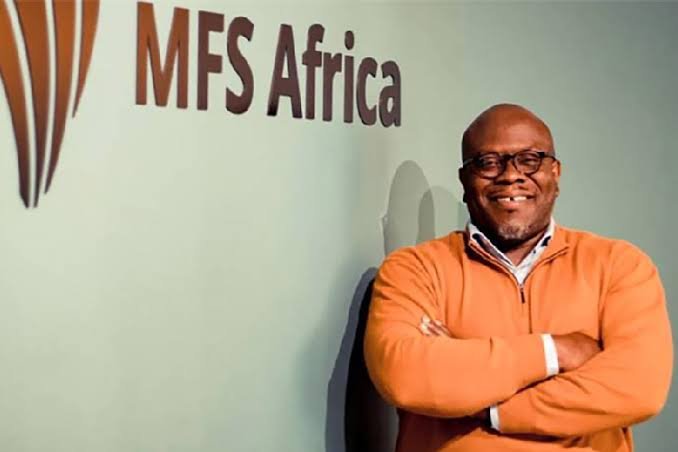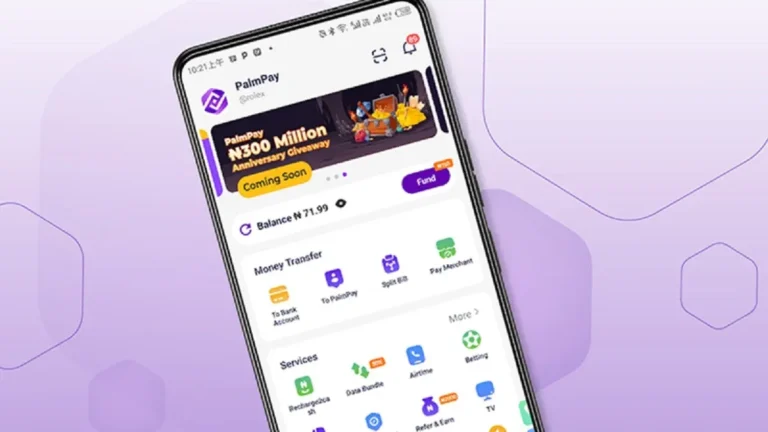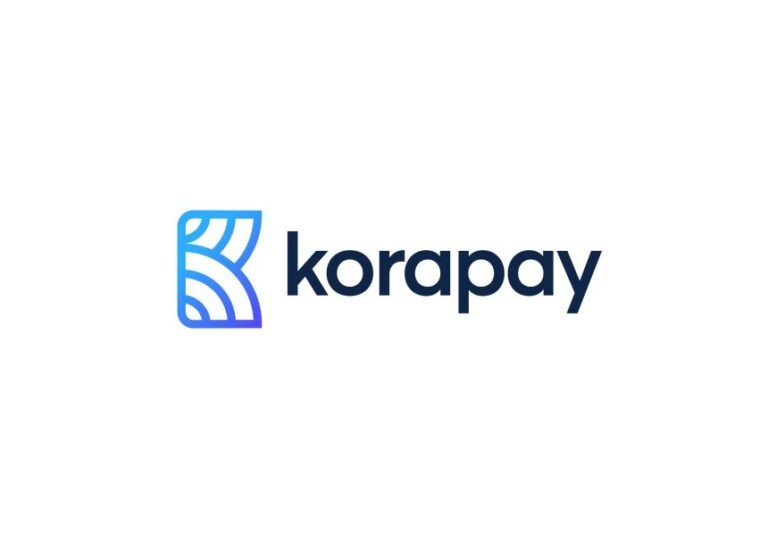MFS Africa is a big deal in the world of money. It’s a company that helps people in Africa send and receive money easily, even across different countries. This is a big help for people who want to send money to family, pay bills, or start businesses.
MFS Africa has a special tool called a “mobile money interoperability hub.” Think of it as a bridge that connects different money services, like mobile wallets and bank accounts. This makes it easier for people to send money to each other, no matter where they are or what kind of money service they use.
With MFS Africa, you can do a lot of things: send money to friends and family, pay bills, buy things online, and even get loans. It’s like having a bank in your pocket, right on your phone.
One of the best things about MFS Africa is that it’s easy to use. You don’t need to be a tech expert to understand it. It’s simple and straightforward.
So, if you’re looking for a convenient and affordable way to manage your money in Africa, MFS Africa is a great choice. It’s helping to make financial services more accessible to millions of people across the continent.
Therefore, in this review, we will look into MFS Africa, uncovering its rich history, impressive growth trajectory, the diverse range of services it offers, etc.
Company Profile
Founded in 2010 and based in Johannesburg, South Africa, MFS Africa has made significant progress in promoting financial inclusion.
The company connects over 400 million mobile money wallets across more than 35 African countries. Its innovative solutions allow users to send and receive money easily, helping bridge the gap between traditional banking systems and those who lack access to them.
MFS Africa was created with a clear goal: to improve financial inclusion in Africa by connecting mobile money users with service providers.
The founders realized that many Africans struggled to access financial services due to geographical barriers and a lack of cooperation between different mobile money platforms.
By creating a network that links these platforms together, MFS Africa has become a key player in the fintech world.
Key Statistics
As of 2024, MFS Africa has impressive statistics that show its growth and impact:
- Revenue: $18.1 million
- Funding: $237.7 million
- Employee Count: About 316
These numbers reflect not only the company’s financial health but also its potential for continued growth in a fast-changing market.
Global Presence
MFS Africa has a strong global presence with offices located in:
- Accra (Ghana)
- London (UK)
- Douala (Cameroon)
- Nairobi (Kenya)
- Kampala (Uganda)
- Port-Louis (Mauritius)
This wide reach allows MFS Africa to serve clients in various markets while facilitating cross-border transactions effectively.
Partnerships and Collaborations
To enhance its services, MFS Africa has partnered with major telecom companies like MTN and Airtel, as well as banks such as Western Union and Access Bank.
These collaborations are essential for expanding the availability of mobile money services and ensuring users can access a wide range of financial products.
Read Next: Remita Review: Everything You Need To Know About Its Functionality and Services

What are MFS Africa Features?
MFS Africa’s platform has several key features that make it stand out from other fintech solutions.
1. Mobile Money Interoperability Hub
At the heart of MFS Africa’s offerings is its Mobile Money Interoperability Hub, the largest platform of its kind in Africa.
This hub connects various mobile wallets across different networks and countries, allowing users to send and receive money regardless of their service provider.
This interoperability is crucial for promoting greater financial inclusion by enabling users to transact without being limited by their mobile wallet provider.
2. Services Offered
MFS Africa provides a wide range of services designed to meet the needs of its users:
- Peer-to-Peer Transfers: Users can send money directly to each other using their mobile wallets.
- Merchant Payments: Businesses can accept payments via mobile wallets, making transactions easier for customers.
- Bulk Payments: Companies can make mass payments efficiently through the platform.
- Bank-to-Wallet Transfers: Users can move funds from their bank accounts directly into their mobile wallets.
Additionally, MFS Africa offers financial services such as loans and insurance products that can be accessed via mobile phones.
3. Technology Infrastructure
The technology behind MFS Africa’s operations is strong and user-friendly. The company uses a single API that allows for smooth transactions across different platforms.
This technology ensures high levels of security and compliance with industry standards, giving users confidence when they make digital transactions.
How Does MFS Africa Work?
Understanding how MFS Africa operates helps explain why it is effective as a digital payment solution. Here is an overview on how it works:
1. User Experience
MFS Africa focuses on user experience with a simple interface that makes sending and receiving money easy.
Users can navigate through their mobile wallets effortlessly to initiate transfers or make payments without facing complicated procedures.
2. Transaction Process
The transaction process within MFS Africa’s network is straightforward:
- A user starts a transfer from their mobile wallet.
- The system finds the recipient’s wallet across different networks.
- Funds are transferred securely between networks and converted into local currencies if needed.
- The recipient gets the funds almost instantly.
This efficient process reduces delays often seen with traditional banking systems.
Integration with Other Financial Services
MFS Africa enhances its offerings through partnerships that broaden its service capabilities.
For example, its collaboration with Western Union allows users to receive international remittances easily through its platform.
Such integrations are vital for providing comprehensive financial solutions that cater to both local and global needs.
Transfer Fees
Understanding transfer fees is essential for users looking at their options for sending money.
1. Overview of Fees Structure: MFS Africa uses a flat fee model for transfers to specific countries; for example, users might pay €5 for transfers to Côte d’Ivoire or Rwanda. This clear pricing structure helps users know what costs to expect without hidden charges.
2. Comparison with Traditional Money Transfer Services: When compared to traditional remittance services, MFS Africa’s fees are often more competitive:
| Service Type | Average Fee |
| Traditional Services | 7-10% |
| MFS Africa | €5 flat fee |
This cost-effectiveness is especially beneficial for low-income users who need affordable ways to send money across borders or make local payments.
3. Impact on Users: The affordability of MFS Africa’s services greatly impacts low-income users and small businesses by lowering transaction costs associated with sending money or making payments locally. This accessibility encourages greater economic participation among underserved populations who might otherwise be excluded from formal financial systems.
Comparison of MFS Africa with Alternatives
In an increasingly crowded fintech space, comparing MFS Africa with alternatives provides valuable insights into its competitive advantages.
Here is a tabular comparison of MFS Africa with Alternatives:
| Feature/Service | MFS Africa | Western Union | PayPal |
| Transfer Fees | Flat fee (€5) | Varies (up to 12%) | Varies (around 5% + fixed) |
| Speed of Transfer | Instantaneous | Up to several days | Instant to a few days |
| Geographic Reach | Over 35 African countries | Global | Global |
| Mobile Wallet Support | Extensive | Limited | Limited |
| User Base | Over 400 million wallets | Millions globally | Millions globally |
MFS Africa’s strengths lie in its extensive connectivity features and competitive pricing model compared to traditional alternatives, making it an attractive option for users seeking efficient digital payment solutions.
Conclusion
MFS Africa plays an important role in improving financial inclusion across the continent through its innovative mobile money solutions.
By connecting different players within the fintech ecosystem, it empowers individuals and businesses alike to engage more fully in economic activities without being held back by traditional banking barriers.
As the fintech landscape continues to change in Africa, MFS Africa is well-positioned for future growth, expanding its network further while adapting to new market demands and technological advancements.
Frequently Asked Questions
1. What is MFS Africa?
MFS Africa is a leading fintech company based in Johannesburg that connects various mobile wallets across African countries, allowing seamless transactions between users regardless of their service provider.
2. How does MFS Africa facilitate cross-border payments?
Through its Mobile Money Interoperability Hub, MFS Africa allows users from different networks to transact easily by connecting over 400 million mobile money wallets across more than 35 African countries.
3. What are the typical transfer fees associated with using MFS Africa?
MFS Africa typically uses a flat fee model; for instance, transfers may incur fees around €5 depending on the destination country, making it more affordable than many traditional remittance services.
4. How does MFS Africa compare with other fintech alternatives?
MFS Africa stands out due to its extensive interoperability features, competitive flat fee structure, instant transfer speeds, and broad global reach compared to other alternatives that may have higher fees or limited service areas.





